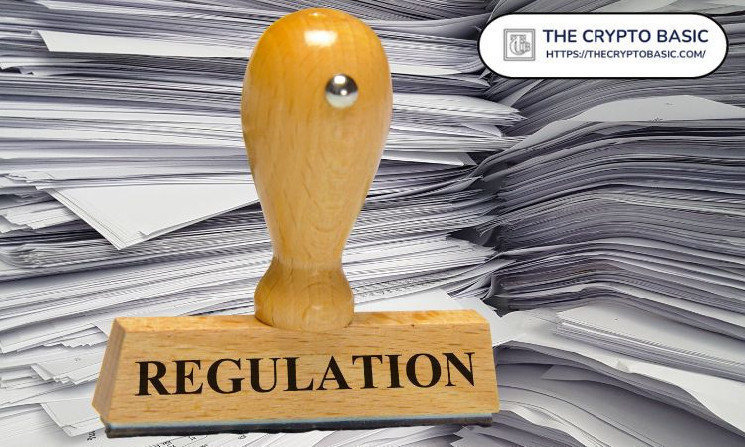CryptoLaw, a platform dedicated to sharing legal and regulatory updates surrounding the crypto industry, has recently accused the Federal Deposit Insurance Corporation (FDIC) of having criminally misplaced priorities. This accusation comes in the midst of a debate about the FDIC’s role in the debanking of legitimate crypto firms.
The controversy surrounding the FDIC’s actions has been brought to light by a class action lawsuit against Deel, a popular payroll and human resources firm. In the court documents, it was revealed that Deel had facilitated payments to users of Russia’s T-Bank despite existing sanctions against Russia for its war against Ukraine. This revelation has sparked outrage among the crypto community, who see it as evidence of the FDIC’s biased treatment towards the crypto industry.
This latest development is just one in a series of events that have fueled the debate about the debanking of crypto firms in the U.S. The theory that the crypto industry is being deliberately shut out of the banking sector gained traction in early 2023, with some comparing it to Operation Chokepoint 2.0. This theory suggests that banking regulators are trying to push the crypto industry out of the banking sector through informal guidance, similar to what was done to payday lenders, arms dealers, and pornographers in 2013 under Operation Chokepoint.
The shutdown of crypto-friendly banks like Signature Bank during bank runs in Q1 2023 further fueled suspicions about the FDIC’s motives. However, it wasn’t until November 2024 when Andreessen Horowitz partner Marc Andreessen spoke out about crypto debanking on the Joe Rogan Experience podcast that the debate gained renewed attention.
Adding fuel to the fire, Coinbase recently obtained letters from the FDIC through a Freedom of Information Act request, showing that the regulator had instructed banks to pause crypto services to customers pending regulatory reviews. While Coinbase sees these documents as evidence of the crypto industry’s debanking claims, FDIC Chair Martin Gruenberg has maintained that the instructions were aimed at discouraging banks from adding crypto to their balance sheets and were not intended to affect individual customer transactions.
The ongoing debate about the FDIC’s role in the debanking of legitimate crypto firms highlights the challenges faced by the crypto industry in gaining mainstream acceptance and support from traditional financial institutions. As the industry continues to grow and evolve, it is essential for regulators to adopt a balanced and fair approach to ensure the industry’s long-term success and sustainability.

